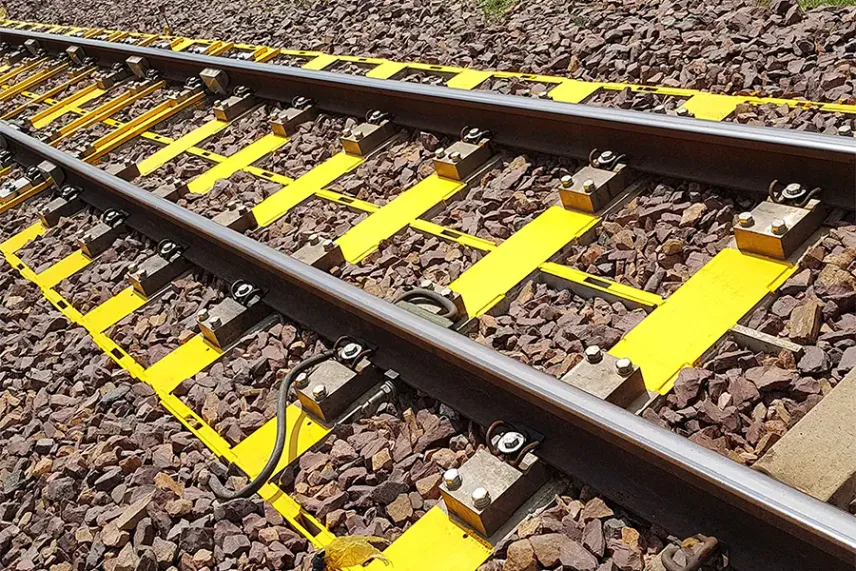
Railway Scales
Railway scales are designed for weighing various goods on the railway - freight cars, railway platforms, tanks. Railway scales are an important and integral element of the control system for the transportation of goods by rail, providing an accurate measurement of the weight of both stationary and moving wagons, tanks or railway platforms.
Static Railroad Scales
Static railway scales are used when it is necessary to ensure maximum accuracy in measuring the mass of a railcar, tank car or platform. For weighing, two tensometric load-receiving platforms connected to the weight controller are used.
Dynamic Railway Scales
For weighing railway wagon in motion, dynamic railway scales are used. Dynamic railway scales of axial weighing are used only for weighing moving wagon, and in the case of using dynamic car scales of bogie weighing, it becomes possible to weigh stationary wagon. Both types of dynamic railroad scales use one load-receiving tensometric platform.
Combined Static-Dynamic Railway Scales
There are also static-dynamic railway scales that allow measuring the mass of wagons in motion, and, if necessary, weighing stationary wagons with high accuracy. In static-dynamic railway scales, two load-receiving tensometric platforms are used, one of which is used when the railway scales are in dynamic mode, and the second is switched on only when used in static mode.